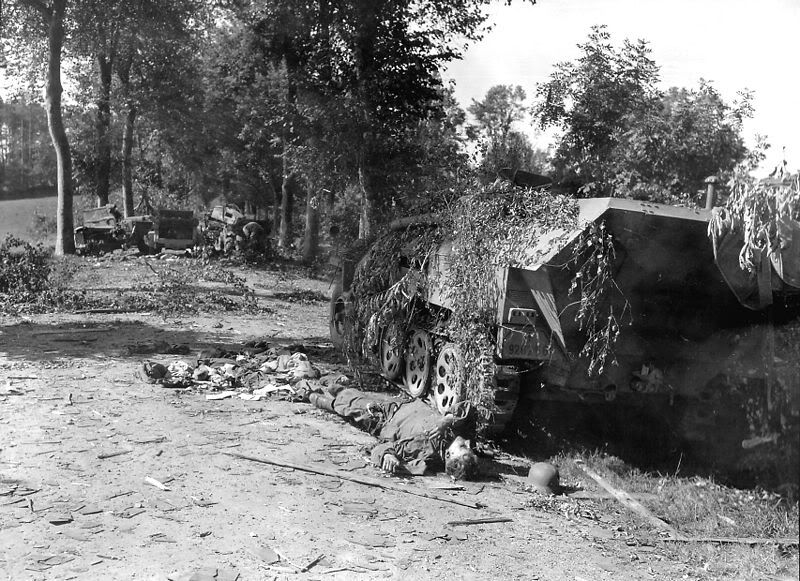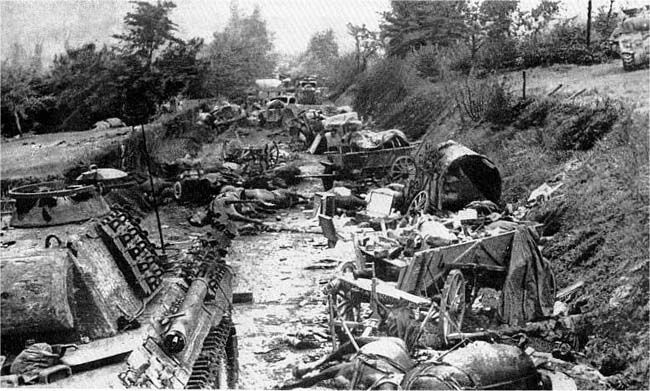MontyB
All-Blacks Supporter
I have always been at odds with some of Guderian's ideas throughout WW2 even to the point that I have found myself agreeing with Rommel (one of the most over romanticised leaders of WW2) on the defence of France and disagreed with his theory of focusing on the PZ IV late in the war, so while looking through a local book store I found this book and I am tempted to pick it up but I am unsure as to whether it is a good investigative account or revisionist history.
Details:
ISBN 9781574888102 / 1574888102
TITLE Guderian: Panzer Pioneer or Myth Maker?
AUTHOR Russell A. Hart
Here is the publishers description:
Biographers and historians have lionized Heinz Guderian as the legendary father of the German armored force and brilliant practitioner of “blitzkrieg” maneuver warfare. As Russell A. Hart argues, Guderian created this legend with his own highly influential yet self-serving and distorted memoir, which remains one of the most widely read accounts of the Second World War. Unfortunately, too many of Guderian 's biographers have accepted his view of his accomplishments at face value, without sufficient critical scrutiny, resulting in an undeserved hagiography. While undoubtedly a great military figure of appreciable ego and ambition and with a volatile, impetuous, and difficult personality, Guderian was determined to achieve his vision of a war-winning armored force irrespective of the consequences. He proved to be a man who was politically naive enough to fall under the sway of Hitler and National Socialism and yet arrogant enough to believe he could save Germany from inevitable defeat late in the war, despite Hitler 's interference. At the same time, Guderian was unwilling either to participate in attempts to remove Hitler or to denounce as traitors the conspirators who did. In the end, he distorted the truth to establish his place in history. In the process, he denigrated the myriad important contributions of his fellow officers as he took personal credit for what were, in reality, collective accomplishments. Thus, he succeeded in creating a legend that has endured long after his death. This brief biography puts the record straight by placing Guderian 's career and accomplishments into sharper and more accurate relief. It exposes the real Heinz Guderian, not the man of legend.
Details:
ISBN 9781574888102 / 1574888102
TITLE Guderian: Panzer Pioneer or Myth Maker?
AUTHOR Russell A. Hart
Here is the publishers description:
Biographers and historians have lionized Heinz Guderian as the legendary father of the German armored force and brilliant practitioner of “blitzkrieg” maneuver warfare. As Russell A. Hart argues, Guderian created this legend with his own highly influential yet self-serving and distorted memoir, which remains one of the most widely read accounts of the Second World War. Unfortunately, too many of Guderian 's biographers have accepted his view of his accomplishments at face value, without sufficient critical scrutiny, resulting in an undeserved hagiography. While undoubtedly a great military figure of appreciable ego and ambition and with a volatile, impetuous, and difficult personality, Guderian was determined to achieve his vision of a war-winning armored force irrespective of the consequences. He proved to be a man who was politically naive enough to fall under the sway of Hitler and National Socialism and yet arrogant enough to believe he could save Germany from inevitable defeat late in the war, despite Hitler 's interference. At the same time, Guderian was unwilling either to participate in attempts to remove Hitler or to denounce as traitors the conspirators who did. In the end, he distorted the truth to establish his place in history. In the process, he denigrated the myriad important contributions of his fellow officers as he took personal credit for what were, in reality, collective accomplishments. Thus, he succeeded in creating a legend that has endured long after his death. This brief biography puts the record straight by placing Guderian 's career and accomplishments into sharper and more accurate relief. It exposes the real Heinz Guderian, not the man of legend.


